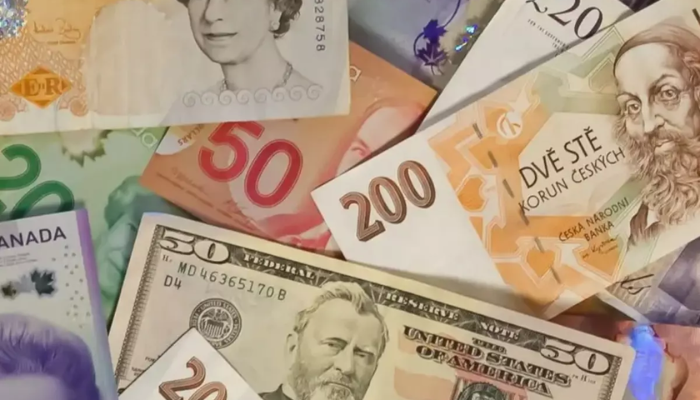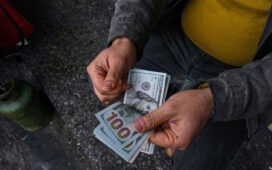Several countries operate without their own national currency, choosing to adopt the currency of another country for economic stability, trade, and investment.
These decisions are often driven by financial crises, political considerations, or strong economic ties with neighbouring nations.
Here are five countries that do not have their own currency:
El Salvador
El Salvador adopted the U.S. dollar as its official currency in 2001, replacing the colón. The government made this decision to stabilise the economy, attract foreign investment, and control inflation. The use of the U.S. dollar has integrated El Salvador into the global financial system, facilitating trade and remittances. However, it has also limited the country’s ability to implement independent monetary policies.
Read also: 15 worst African currencies against dollar in 2024
Ecuador
Ecuador switched to the U.S. dollar in 2000 after a financial crisis that caused significant economic instability. The country had previously used the sucre, which faced severe devaluation. The transition to the U.S. dollar aimed to restore confidence in the financial system, reduce inflation, and attract investment. While dollarisation has provided economic stability, it has also restricted Ecuador’s ability to control its own monetary policy.
Kosovo
Kosovo uses the euro as its official currency despite not being a member of the European Union. Following its declaration of independence from Serbia in 2008, Kosovo adopted the euro to ensure financial stability and facilitate trade with European partners. The use of the euro has helped Kosovo integrate into the regional economy and attract international investment. However, the country does not have direct influence over European Central Bank policies.
Read also: 7 worst performing African currencies in 2023
Montenegro
Montenegro also uses the euro without being a member of the EU. After separating from Serbia, the country opted for the euro to stabilise its economy and simplify transactions with European markets. The use of the euro has improved economic confidence and trade relations. However, like Kosovo, Montenegro lacks influence over eurozone monetary decisions, which affects its ability to respond to economic shifts.
Liechtenstein
Liechtenstein operates with the Swiss franc as its official currency due to its close economic ties with Switzerland. The country benefits from the stability of the Swiss financial system, which has contributed to its strong economy. By adopting the Swiss franc, Liechtenstein ensures financial security and seamless economic integration with its larger neighbour, reducing the risks associated with maintaining an independent currency.




